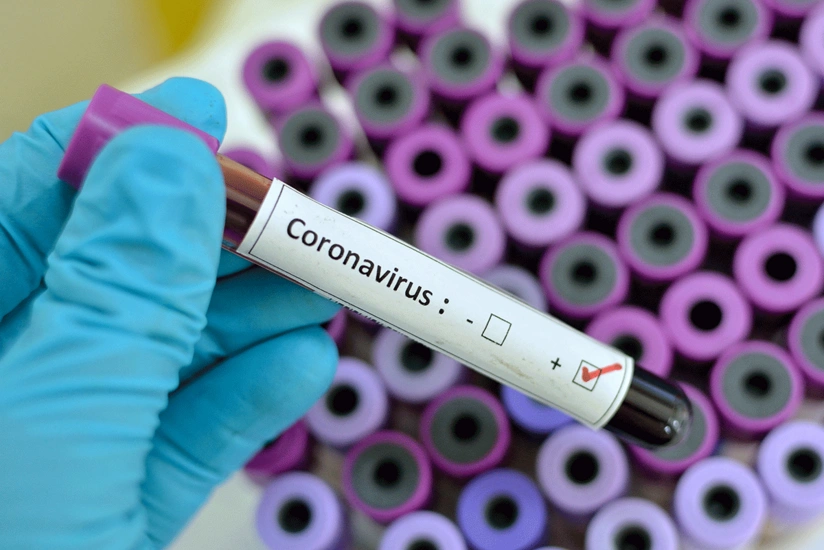New COVID-19 variant Pirola 'more infectious,' but not 'more severe', says expert
- 29 September, 2023
- 10:03

The newly emerging COVID-19 variant BA 2.86, nicknamed "Pirola," is a little bit more infectious but "does not seem to be more severe," according to the Executive Director of the American Public Health Association, Report informs.
"So far, the various strains that we're seeing, while some of them are more infectious than others, are not any more lethal overall, despite the number of mutations they seem to have," Georges Benjamin told Anadolu.
"However, the biggest threat is that they all create a little more vaccine escape, meaning that the vaccine is less effective every time you have one of these major changes (new variants)," he said.
Benjamin said they expect a "peak in respiratory diseases, including COVID" for people living in the Southern Hemisphere in their next winter.
According to the US Centers for Disease Control and Prevention (CDC), "existing tests used to detect and medications used to treat COVID-19 appear to be effective with this variant."
"BA.2.86 may be more capable of causing infection in people who have previously had COVID-19 or who have received COVID-19 vaccines," it said.
Due to the low number of cases so far, a specific symptom of Pirola itself has not yet been detected.
However, severe nausea, a cough, sore throat, runny nose, sneezing, fatigue, headache, muscle aches and altered sense of smell were observed in the patients with whom the new variation was detected.
Benjamin underscored that "we do not have equal access to COVID-19 vaccines," which is a "failure of our global system."
"People become more infected because they're not getting vaccinated at the rates that they need to," he said.
"We're now seeing an upsurge in the infection because of this. So people who are not vaccinated at all continue to be at significant risk of getting really sick and some are dying prematurely.
"If you're fully vaccinated, you're not getting real sick in most cases," he added.
